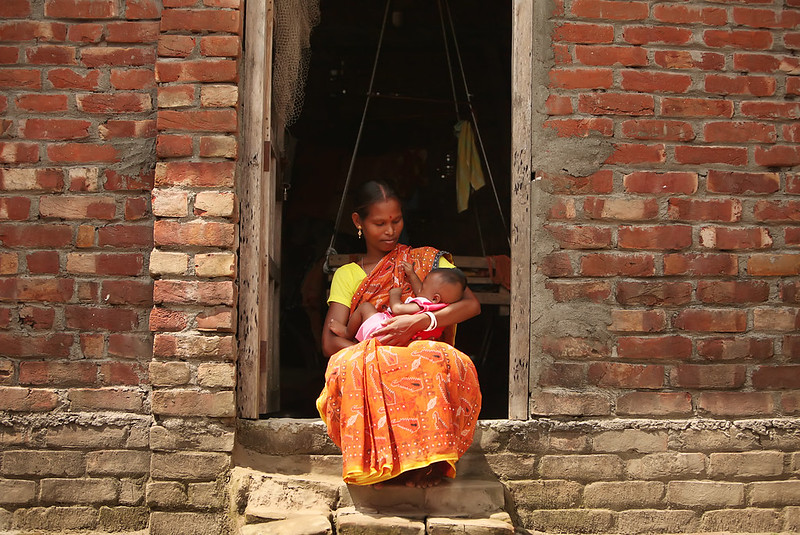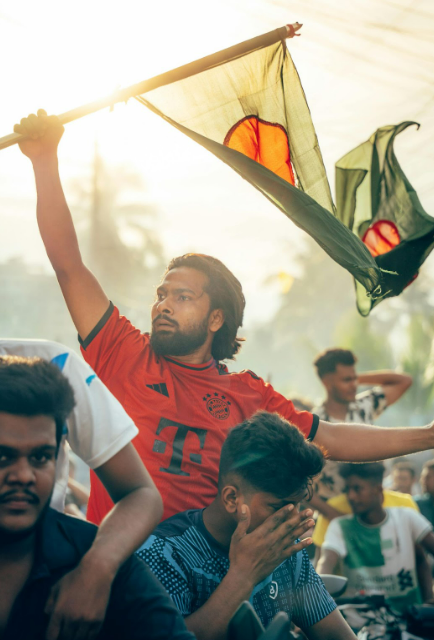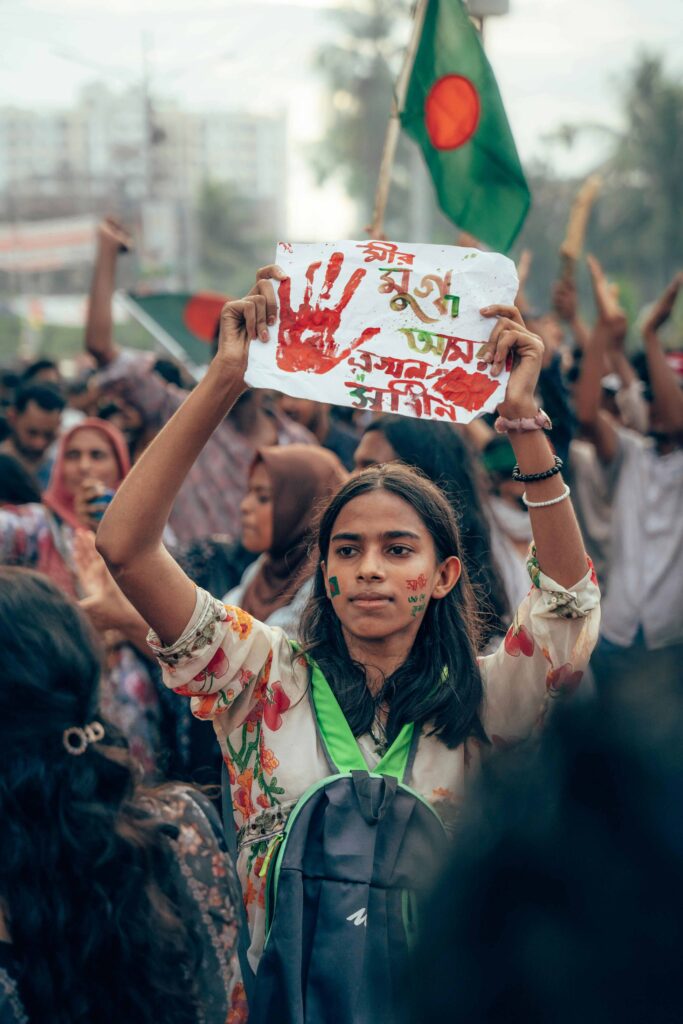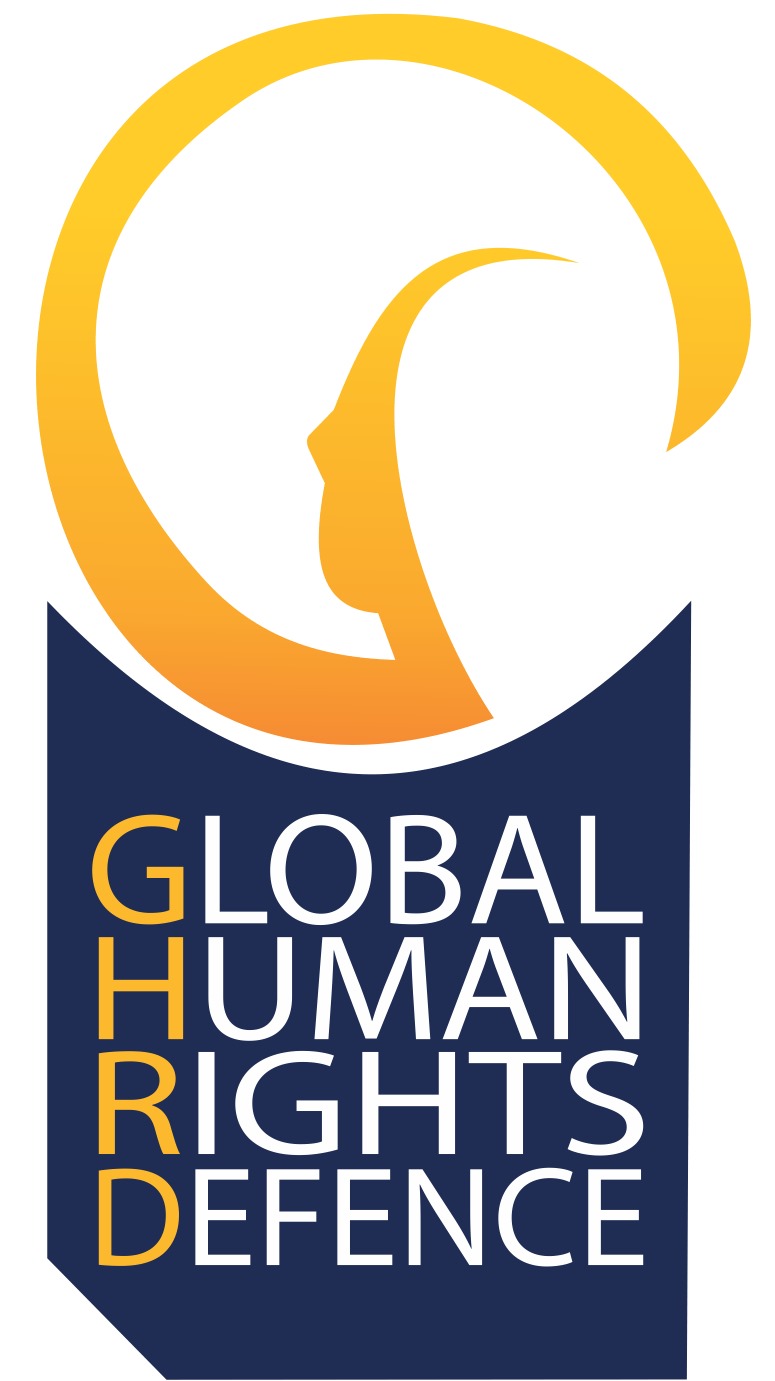- info@ghrd.org
- Mon-Fri: 10.00am - 06:00pm
UNHRC Article
UNHRC Article
Author:Adhil Adhil
Department:International Justice Team
Introduction and Background
On June 8, 2023, Canada and Netherlands jointly filed a legal proceeding against Syrian government before the International Court of Justice (ICJ), for committing torture, and other cruel, inhumane, and degrading treatment and punishment against Syrian people. [1]This case opened a new chapter in ongoing efforts to bring accountability against the Syrian government for perpetrating international crimes and human rights abuses during the 2011 Syrian uprising.
In 2011, many countries in the Middle East and North Africa witnessed people’s uprising to achieve a democratic political system. The Syrian government responded with massive and systemized use of State violence and torture to crush Syrian people uprising against the regime, which eventually resulted in a prolong civil war.[2] The Report of UN”s independent international commission of Inquiry on the Syrian Republic, along with multiple human rights organization had documented the extensive and systemized practice of torture used by Syrian security and intelligence apparatus in the context of conflict.[3] However, the Syrian government was able to evade all forms of international accountability to the present day. In 2014, the UNSC attempted to refer to the international crimes committed in Syria by invoking Article 13(b) of the Rome Statute, but the resolution failed, when Russia and China issued veto against the resolution.[4]
On 18th Sept 2020, Netherlands was the first country to invoke a legal dispute under the Torture convention against Syria, followed by Canada on 3rd March 2021, which ultimately ended in legal proceedings before the ICJ. [5]
The Legal likelihood of ICJ holding Syrian government responsible for Systematic torture committed in Syria
Canada and Netherland’s legal proceedings is one of the first attempt to use ICJ as a means to conclude international wrong of committing torture. The legal proceedings raise multiple legal questions, but the present legal positions favor Canada and Netherlands. Firstly, the Syrian government would most likely raise the lack of jurisdiction of Canada and Netherlands to file a legal dispute before the ICJ, without any direct international wrong perpetrated against Canada or the Netherlands. But the ICJ decision in Belgium v. Senegal [6] and Gambia v. Myanmar, [7] had explicitly recognized each State party’s erga omnes obligation to prevent and protect individuals from grave human rights abuses including prevention of torture. Moreover, the legal proceeding meets the jurisdictional requirement of Article 30 of Torture convention, as the State parties were not able to settle the dispute through negotiation or arbitration. [8]
Secondly, there is overwhelming evidence demonstrating the culpability of Syrian government in violating the Torture convention, by arbitrarily detaining and perpetrating systematic torture on perceived political opponents and dissidents [9] Unlike in international criminal trials, the burden of proof before ICJ does not require ‘beyond a reasonable doubt’. Therefore, the multiple reports of UN inquiry commission and human rights organization will be sufficient to conclude the Syrian government’s responsibility in violating torture convention.
Thirdly, the legal proceeding before ICJ could also be a landmark decision in widening the scope of torture to encompass enforced disappearance, sexual violence and gender-based violence as a means of torture and Other Cruel, Inhuman or Degrading Treatment or Punishment. The ICJ’s decision on Syria’s breach of torture convention, has a far-fetching impact not only in the context of ongoing acts of torture committed in Syria, but also marks a beginning of imaginative international efforts to bring accountability for serious human rights abuses and atrocity crimes under international law.
Previous International Efforts to Bring Accountability for Torture committed by Syrian Regime
The recent proceeding before ICJ is one of the many efforts of the international community to bring the Syrian government accountable for serious human rights and international crimes committed during the civil war. Previously in 2016, the United Nations General Assembly adopted resolution to create ‘International, Impartial and Independent Mechanism (IIIM)’ to assist in investigation and prosecution of individuals responsible for crimes in Syria, in the aftermath of UNSC failure to refer the situation to ICC. [10] Similarly, multiple countries particularly Germany had invoked universal jurisdiction to bring individuals responsible for torture and other international crimes committed in Syria. The conviction of Anwar Raslan in January 2022, and Moafak. D in February 2023, for committing crime against humanity and war crime in Germany demonstrates the potential of universal jurisdiction to bring accountability for atrocity crimes committed in Syria. [11]
Citation and Sources
1. Global Affairs Canada, Joint statement by Canada and the Kingdom of the Netherlands on instituting proceedings at International Court of Justice to hold Syria to account for torture, (June 12, 2023),
https://www.canada.ca/en/global-affairs/news/2023/06/joint-statement-by-canada-and-the-kingdom-of-the-netherlands-on-instituting-proceedings-at-international-court-of-justice-to-hold-syria-to-account-.html
2. HUMAN RIGHTS WATCH, WE’VE NEVER SEEN SUCH HORROR”: CRIMES AGAINST HUMANITY BY SYRIAN SECURITY FORCES (June 1, 2011), https://www.hrw.org/report/2011/06/01/weve-never-seen-such-horror/crimes-against-humanity-syrian-security-forces
3. UN Human Rights Council, Report of the independent international commission of inquiry on the Syrian Arab Republic, 23 November 2011, A/HRC/S-17/2/Add.1, available at: https://www.refworld.org/docid/4edde9d02.html
4. Ian Black, Russia and China veto UN move to refer Syria to international criminal court , (GUARDIAN, 22 May 2014) https://www.theguardian.com/world/2014/may/22/russia-china-veto-un-draft-resolution-refer-syria-international-criminal-court
5. Supra note 1, Global Affairs Canada
6. Questions relating to the Obligation to Prosecute or Extradite (Belgium v. Senegal), Judgment, 2012 I.C.J. Reports, 422
7. Application of the Convention on the Prevention and Punishment of the Crime of Genocide, Gambia v Myanmar, Provisional measures, (202) ICG Reports 540
8. Balkees Jarah, The Netherlands’ Action Against Syria: A New Path to Justice, (HUMAN RIGHTS WATCH, Sept 22nd 2020), https://www.hrw.org/news/2020/09/22/netherlands-action-against-syria-new-path-justice
9. Supra note 3, UN Human Rights Council
10. Human Rights Watch, Joint NGO Statement for United Nations General Assembly Informal Debate on the International, Impartial and Independent Mechanism for Syria, (April 18, 2018),
https://www.hrw.org/news/2018/04/18/joint-ngo-statement-united-nations-general-assembly-informal-debate-international
11. Syria Justice and Accountability Centre, Inside the Raslan Trial #58: The Raslan Verdict in Detail, (Feb 18, 2022) https://syriaaccountability.org/inside-the-raslan-trial-the-raslan-verdict-in-detail/ ;
See also, German court convicts man over deadly 2014 attack in Syria, (ASSOCIATED PRESS, Feb 23, 2023),
https://apnews.com/article/germany-syria-government-damascus-f172d889dd4989dcbbe1185ce4e9ba01
Search

Article
Legislation and Law Enforcement Regulating The Chain of Gender-based Violence: Child Marriage and Human Trafficking
Young women and girls are more likely trafficked and vulnerable to exploitation in marriage. The chain of child marriage and trafficking is restricted by international conventions and domestic laws of Bangladesh. This article addresses loopholes in legislation and law enforcement regulating such gender-based violence in Bangladesh.
GHRD
0 Comments

Article
Bangladesh’s Current State of Human Rights
This article focuses on the current state of human rights in Bangladesh since the interim government took over in August 2024. The country is undergoing a political transition, and monitoring human rights is crucial in ensuring the country does not slip back into repressive rule.
GHRD
0 Comments

Article
Female Political Representation in Post-Liberation Bangladesh: Dynamics, Challenges and the Impact of Women’s Rights Movements
Bangladesh has historically advanced its female parliamentary representation, yet the progress has stagnated in recent years. The article explores the structural barriers, impact of women’s movements and prospects for change amid the current political crisis.
GHRD
0 Comments
ABOUT US
Global Human Rights Defence (GHRD) is a dedicated advocate for human rights worldwide. Based in The Hague, the city of peace and justice. We work tirelessly to promote and protect the fundamental rights of individuals and communities. Our mission is to create a more just and equitable world, where every person's dignity and freedoms are upheld. Join us in our journey towards a brighter future for all.
ALL CONTACTS
-
Riviervismarkt 5-unit 2.07
2513 AM The Hague - Phone +31 62 72 41006
- info@ghrd.org
-
Mon-Fri: 10:00am - 06:00pm
Saturday & Sunday Closed - Bank Details: NL69 ABNA 0417 9430 24
- Chambers of commerce NR. 27261631
SUBSCRIBE
Stay informed and be part of change - Subscribe to our newsletter today!
- Copyright of ghrd 2023. Powered by Desmantle Studio.


Leave a Reply